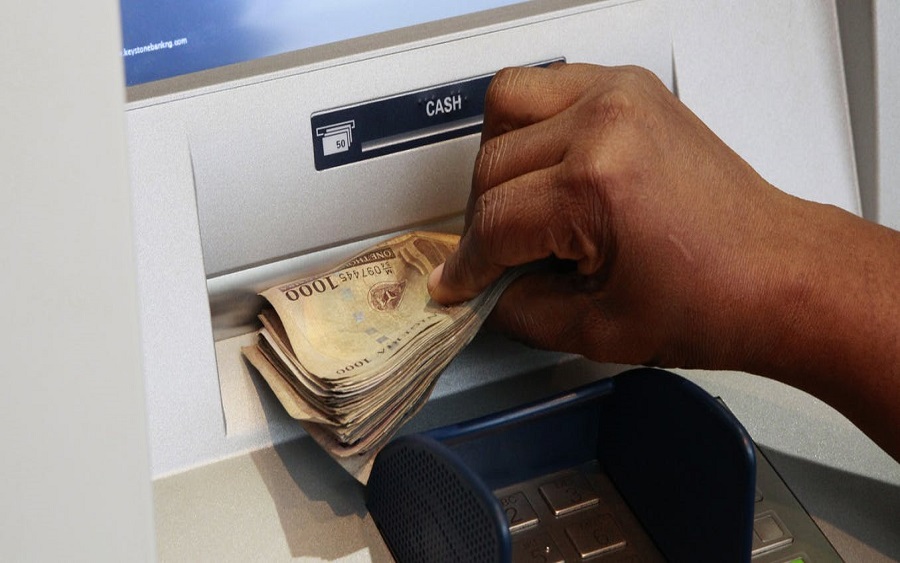Key highlights
- The CBN’s decision to keep pumping out only old naira notes may create another cash crisis for Nigerians after December 31.
- This could make it difficult to mop up the old notes before the new deadline.
- Gabriel Okeowo said there is an urgent need for banks to upgrade their IT infrastructure ahead of December 31.
The Country Director of BudgiT Foundation Nigeria, Gabriel Okeowo, has said that Nigerians may still experience another round of naira scarcity by the time the Central Bank of Nigeria (CBN) withdraws the old N1,000, N500, and N200 notes on December 31.
Disclosing this during an interview, Okeowo said this is going to happen because the apex bank has continued to push out more of the old naira notes when it is supposed to be releasing more of the redesigned new notes.
The country director said he was yet to understand the rationale behind allowing more old notes in circulation when the deadline for its use was closing in.
According to him, if the CBN continues to release old notes rather than new notes, it will be difficult to mop up the old notes before Dec. 31.
Banks’ IT infrastructure concern
Aside from the need for the availability of the redesigned notes, Okeowo said there was an urgent need for an overhaul of banks’ IT infrastructure for effective implementation of the cashless policy.
- “If what is in circulation right now are the old Naira notes, it then means even the new Naira notes are not available. Also, as we speak, the queues have not completely gone, electronic transactions still decline and money is not reversed within 24 hours in most cases.
- “Furthermore, the internet infrastructure is not advanced enough for effective electronic transactions. If all of these are not put in place, I see a possibility of the extension of the deadline for use of old Naira notes beyond Dec. 31,” he said.
The back story
The Supreme Court had on March 3, ruled that all old denominations including N500 and N1,000 notes remained valid till Dec. 31. The ruling followed hardship experienced by Nigerians as a result of the Naira redesign and cashless policy of the CBN, which took effect from Jan. 31.
While the cash scarcity eased a few weeks after the CBN complied with the ruling and directed banks to push out the old notes, the new notes have since become scarce. Bank ATMs are being loaded only with old notes.
With a few months to the new deadline fixed by the courts, the apex bank was expected to have started gradually mopping up the old notes while releasing the new notes, but that is not happening yet.


















It’s a myth that our mobile internet infrastructure is unable to support electronic transactions. MTN and Airtel have spent a lot of money to make sure their networks work well all over the country. While the banks refuse to invest in improving their digital infrastructure and customer service in any meaningful way.
Walking into a bank branch in Nigeria is often all you need to do in order to understand how antiquated their processes are. The general lack of urgency, attention to customer care, the constant need for paper based forms and documentation to conduct the simplest of requests, the privileging of individuals of high balance account holders over the average client or customer.
It can be really frustrating when someone has to spend a whole day just to do a simple thing, like getting your bank to reverse a duplicate transaction.
It’s no wonder some people prefer to use cash exclusively instead of dealing with the banks, which don’t always work very well despite all the “fees” we have to pay them to hold our money.
The problem has nothing to with the carrier / internet network of the provider (Airtel / MTN and co) the problem is with the bank’s infrastructure / application servers – that are not designed to execute the increased transaction traffic from customers. The banks need to install more capacity